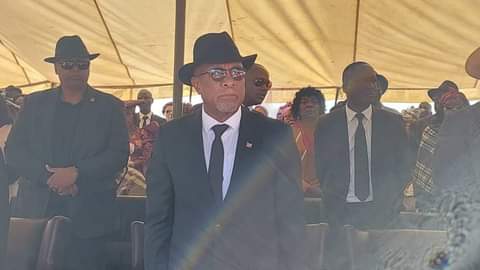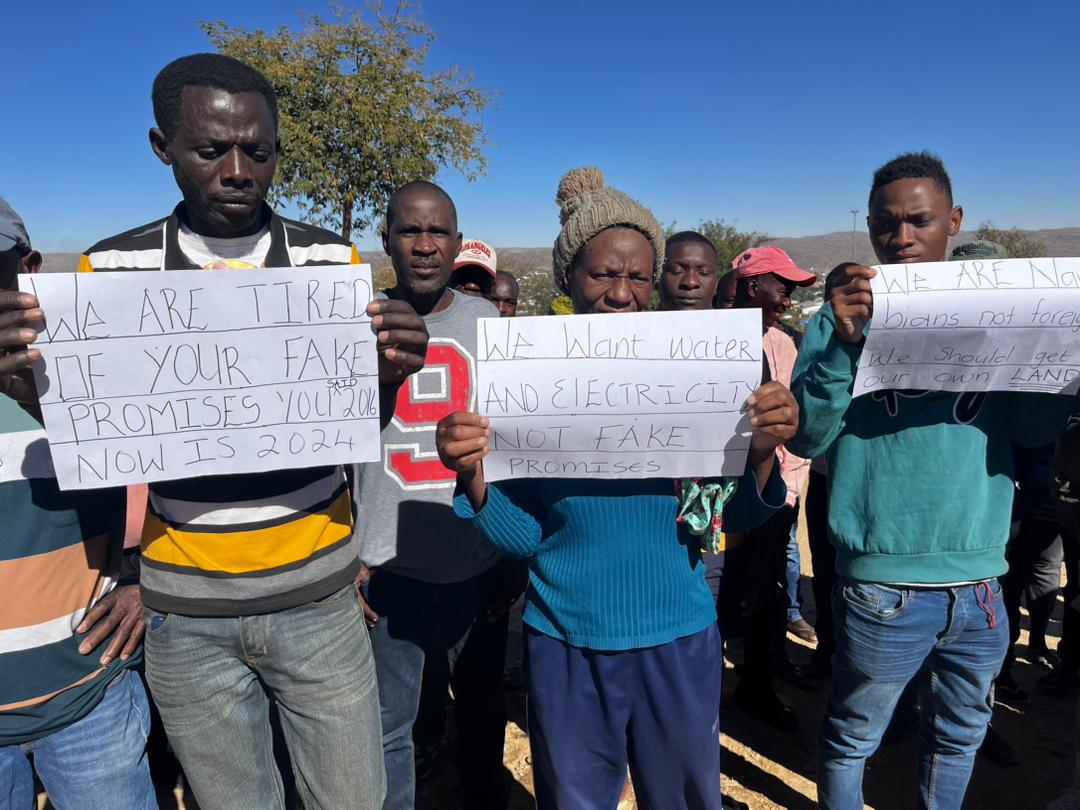Most of namibia’s rural communities, predominantly situated in the northern regions, rely heavily on subsistence farming practices, encompassing livestock husbandry and crop cultivation and are primarily sustained by rainfall.
However, recurring droughts, unpredictable rainfall patterns and the broader impact of climate change continue to pose significant challenges, perpetuating food scarcity within these communities.
Currently, deficient rainfall and intense heatwaves are adversely affecting the Zambezi region, which is already grappling with drought conditions compounded by a locust outbreak.
While governmental drought relief efforts are customary, they offer short-term alleviation without addressing the root causes or fostering sustainable solutions.
Namibia depends heavily on South Africa for processed agricultural goods.
This, coupled with a burgeoning population of three million of whom 71% are employed and unemployed youth, underlines a pressing need for strategic intervention.
It should be a poignant reminder to both the public and private sector, as well as non-governmental organisations, of the urgency of establishing robust frameworks for financing entrepreneurship in agribusiness, particularly targeting the youth demographic.
At a recent gathering in the Ohangwena region, governor Sebastian Ndeitunga emphasised the need to transcend conventional barriers to stimulate innovative approaches towards ensuring sufficient food production at regional and national levels.
‘SEEDING’ THE FUTURE
Despite misconceptions portraying Namibian youths as disinclined to engage in agricultural ventures, the primary obstacle is securing adequate funding for their start-ups and small- to medium-scale agricultural enterprises.
Financial institutions, including key entities like Agribank and the Development Bank of Namibia, typically impose stringent conditions seldom conducive to the youth embarking on business ventures.
This occurs whether at the ideation or operational stage, whether registered or not with the Business and Intellectual Property Authority.
As a result, only a fraction of enterprising Namibian youths opt to participate in competitive continental and global business competitions and mentorship programmes – such as BeChangeMaker Africa and initiatives by organisations like the Tony Elumelu Foundation in Nigeria – and seize seed capital opportunities to realise their entrepreneurial aspirations given the dearth of viable funding avenues domestically.
Unless public and private stakeholders, alongside other pertinent actors, acknowledge the critical importance of strategic investments in skill enhancement, mentorship and facilitating favourable financial provisions, Namibian youths will continue to grapple with unrealised agricultural innovations that harbour immense potential to drive employment, community advancement and national economic prosperity.
As an entrepreneur myself, I am intimately acquainted with the frustrations of the prevailing predicament.
- Josua Ndakwenonghwe is an academic and a young Namibian entrepreneur.
Stay informed with The Namibian – your source for credible journalism. Get in-depth reporting and opinions for
only N$85 a month. Invest in journalism, invest in democracy –
Subscribe Now!






